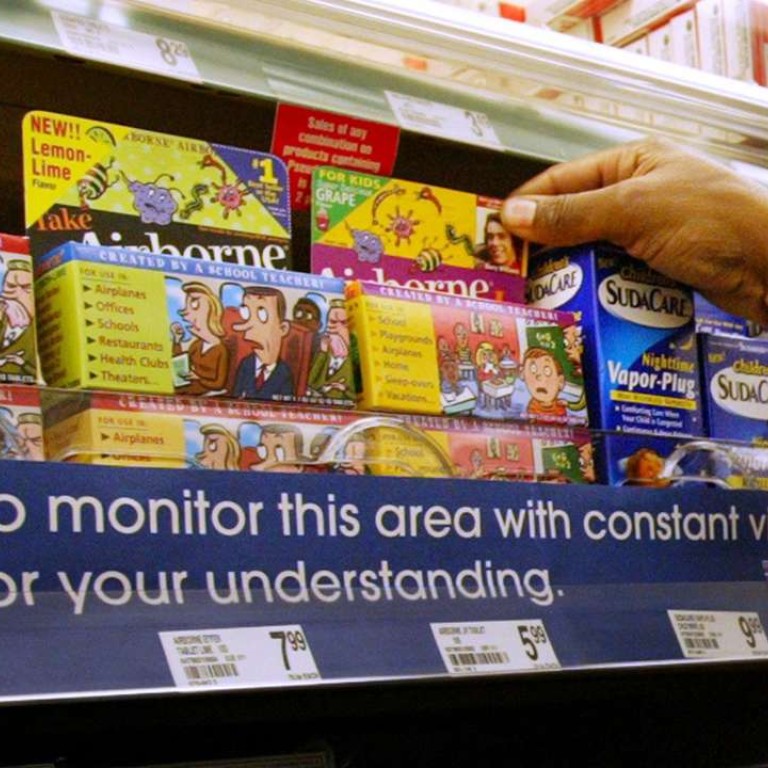
New | US court voids China Vitamin C price fixing decision
A US appeals court on Tuesday threw out a US$147.8 million price-fixing verdict against two Chinese companies that were accused of conspiring to raise prices and lower supply of vitamin C sold to US purchasers.
The 2nd U.S. Circuit Court of Appeals in New York said the case should not have gone to trial after China, in a “historic act,” formally advised that its laws required the vitamin C makers to violate the Sherman Act, a US antitrust law.
Writing for a 3-0 panel, Circuit Judge Peter Hall said the Brooklyn judge who presided over the March 2013 jury verdict should have deferred to China’s interpretation of its own laws, regardless of the country’s motives.
Hall said principles of international comity, and the “stark differences” between the US and Chinese legal and economic regulatory schemes, meant the judge should not have asserted jurisdiction.
“Recognising China’s strong interest in its protectionist economic policies and given the direct conflict between Chinese policy and our antitrust laws, we conclude that China’s interests outweigh whatever antitrust enforcement interests the United States may have in this case,” Hall wrote.

The decision is a defeat for Animal Science Products Inc, a Nacogdoches, Texas-based livestock supplement company, and Ranis Co, an Elizabeth, New Jersey-based food company.
They accused Hebei Welcome Pharmaceutical Co and North China Pharmaceutical Group Corp of conspiring to fix prices and supply of Vitamin C from December 2001 to June 2006.
The plaintiffs said the anticompetitive conduct boosted the supplement’s prices in a then-$500 million global market to as high as $15 per kilogramme from about $2.50.
In court papers, China’s Ministry of Commerce said trial judge Brian Cogan’s approach to the case “deeply troubled the Chinese government,” which sent a diplomatic note to the US State Department.
The ministry said Cogan should have respected its “authoritative” view of applicable law, as he “unquestionably” would have done had a US regulator been involved.
William Isaacson, a lawyer for the plaintiffs, did not immediately respond to requests for comment.
Jonathan Jacobson, a lawyer for the Chinese companies, said: “We are gratified by the decision. The decision puts new energy into the important doctrine of international comity, and reflects a sound balance of antitrust principles and those of international relations.”
The appeals court ruled nearly 20 months after hearing oral arguments.

